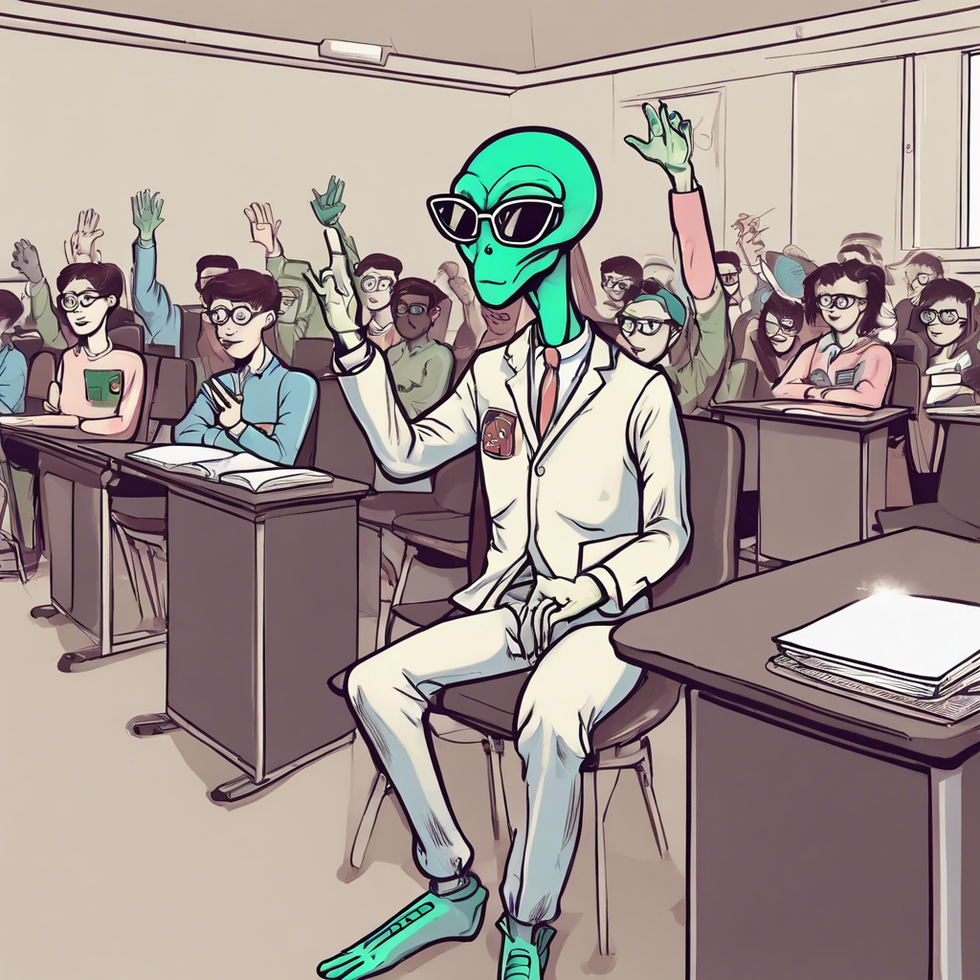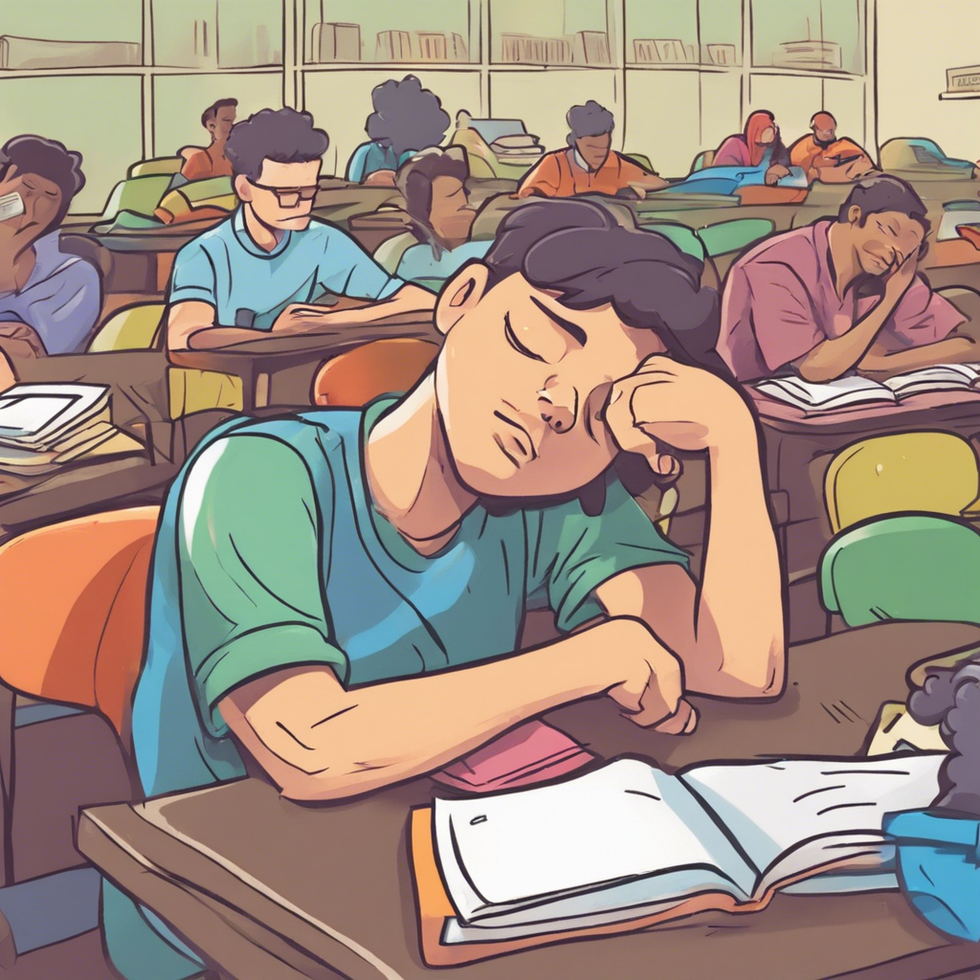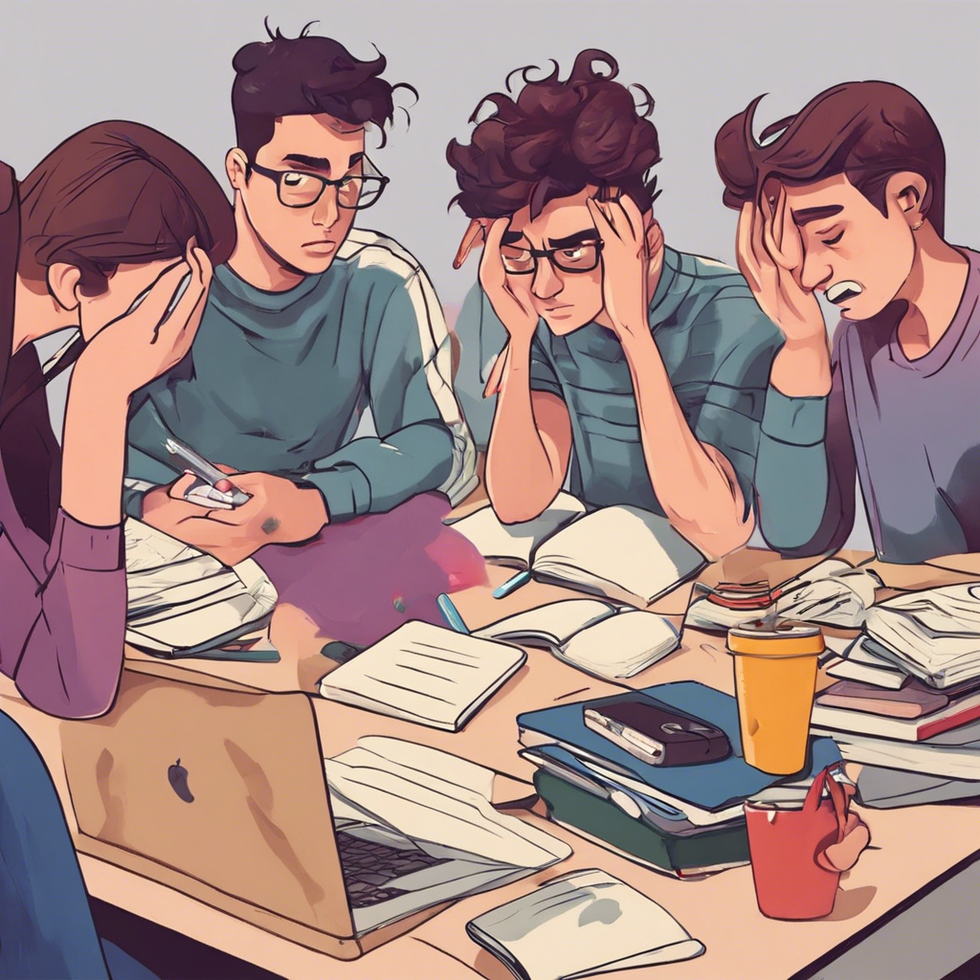The dictionary definition of the word feminism is “the doctrine advocating social, political, and all other rights of women equal to those of men.” However, in pop culture and society, people’s perception of the term varies greatly. Some people see feminism as women fighting to be above men, some people believe in fair treatment of women but don’t consider themselves “feminists,” and some women think that all women should be feminists if they believe in equality -- these variations in the foundation of the concept have the potential to skew the legitimacy and possibility of feminism being widely accepted and embraced, which seems to be a problem in modern times.
Many celebrities have voiced their opinions on feminism recently, giving us prime examples of how differently people interpret the notion. Actress Shailene Woodley said in an interview with TIME, “My biggest thing is really sisterhood more than feminism. I don’t know how we as women expect men to respect us because we don’t even respect each other. There’s so much jealousy, so much comparison and envy. And ‘this girl did this to me and that girl did that to me.’ And it’s just so silly and heartbreaking in a way.”
In contrast, actress and author Lena Dunham said to Metro UK, "Women saying 'I'm not a feminist' is my greatest pet peeve. Do you believe that women should be paid the same for doing the same jobs? Do you believe that women should be allowed to leave the house? Do you think that women and men both deserve equal rights? Great, then you're a feminist. People think there is something taboo about speaking up for feminism."
In addition to women's perspectives on the concept, some men have formed feelings about the term as well. Music artist and producer Pharrell stated in an interview with UK's Channel 4 News, "I've been asked, am I a feminist? I don’t think it's possible for me to be that... I'm a man. It makes sense up until a certain point. But what I do is -- I do support feminists. I do think there's injustices. There are inequalities that need to be addressed."
Joseph Gordon-Levitt released an interesting video on his beliefs regarding the situation, in which he stated, "to me [feminism] just means that your gender doesn't have to define who you are -- that you can be whatever you wanna be, whoever you wanna be, regardless of your gender." He also addressed the perspective that feminism is occasionally seen as "anti-men, or indicate[s] that it was not right for a woman to do things that are traditionally considered the woman's place, like stay home and raise kids." I really enjoyed what Gordon-Levitt had to say because he touched on a lot of points that many people tend to skip over when discussing feminism. Check out the video below.
Essentially, the major problem that arises for the topic are the blurred lines of what the boundaries feminism are; what is it considered to be and what is it considered not to be? What happens to the definition of feminism when one feminist believes in something and another feminist does not? Does this demean the term and make it less applicable due to its inconsistency among those who claim to believe in it? These questions will float around as long as people do not have a set, persistent idea of the concept.



 true love
StableDiffusion
true love
StableDiffusion
 My Cheerleader
StableDiffusion
My Cheerleader
StableDiffusion
 womans transformation to happiness and love
StableDiffusion
womans transformation to happiness and love
StableDiffusion
 future life together of adventures
StableDiffusion
future life together of adventures
StableDiffusion













 shiny things
StableDiffusion
shiny things
StableDiffusion
 listen to your heart
StableDiffusion
listen to your heart
StableDiffusion
 face your fear
StableDiffusion
face your fear
StableDiffusion
 olympic woman
StableDiffusion
olympic woman
StableDiffusion
 Lessons of life
StableDiffusion
Lessons of life
StableDiffusion
 Woman praying
StableDiffusion
Woman praying
StableDiffusion
 Disneys Goofy
StableDiffusion
Disneys Goofy
StableDiffusion
 love
StableDiffusion
love
StableDiffusion
 you are stronger than you think
StableDiffusion
you are stronger than you think
StableDiffusion
 kindness
StableDiffusion
kindness
StableDiffusion

 StableDiffusion
StableDiffusion StableDiffusion
StableDiffusion StableDiffusion
StableDiffusion StableDiffusion
StableDiffusion StableDiffusion
StableDiffusion StableDiffusion
StableDiffusion StableDiffusion
StableDiffusion

 StableDiffusion
StableDiffusion StableDiffusion
StableDiffusion
 StableDiffusion
StableDiffusion
 StableDiffusion
StableDiffusion
 StableDiffusion
StableDiffusion
 StableDiffusion
StableDiffusion








